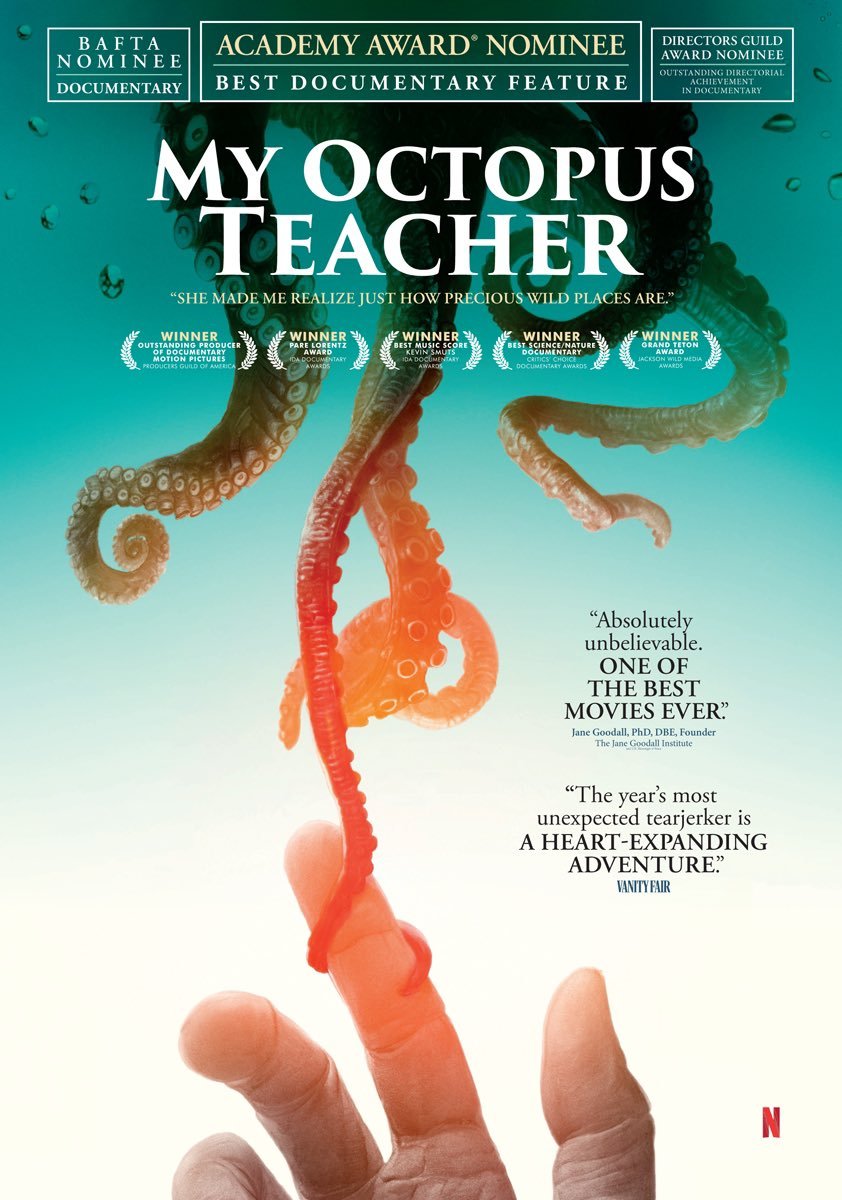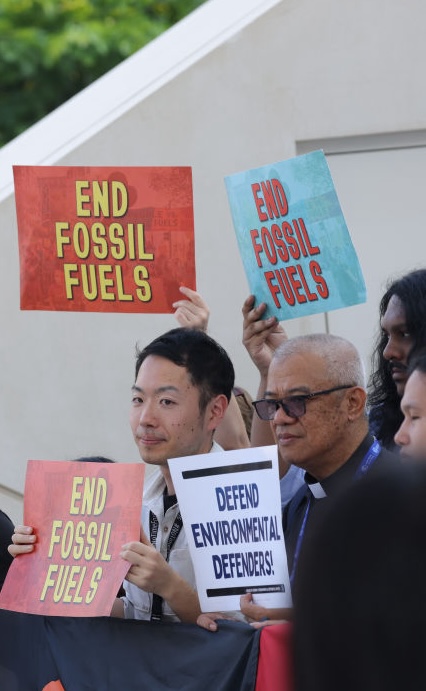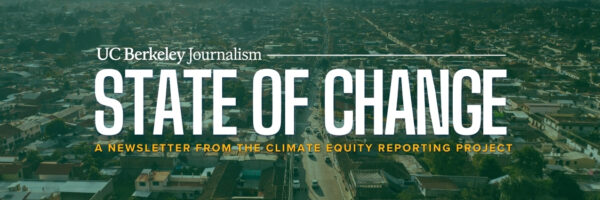
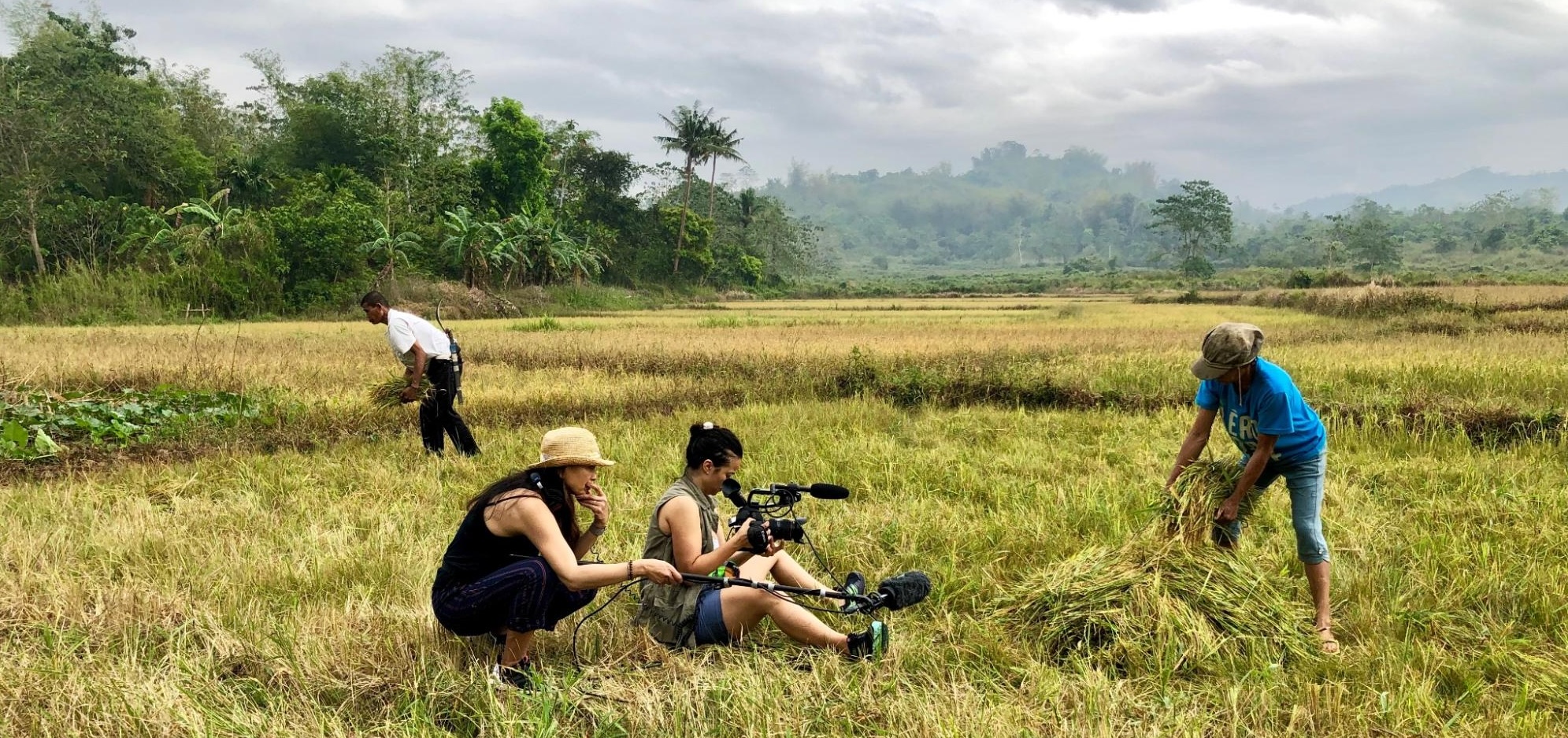
Reinventing climate journalism by tapping the collective brainpower of the world’s leading public research university.
Climate journalism is at the heart of Berkeley Journalism’s mission.
In this time of wild weather and increasing economic, political and social turbulence sparked by environmental crises, how can journalists tell the climate story in a way that inspires people to practical, equitable, and effective action? How can we do so without shrinking from journalism’s obligation to hold the powerful to account as they delay in implementing creative and potent solutions?
Through the Berkeley Climate Journalism Lab, UC Berkeley seeks to reinvent climate journalism, tapping the collective brainpower of the world’s leading public research university — some 300 researchers located in more than 20 programs across the campus — who are confronting the problem of climate change.
We’re working to shift popular narratives from passive despair to active hope and possibility. We’re building an engaged, informed, and change-oriented community for fact-based, inspired climate journalism across the UC Berkeley campus and beyond.
The program includes several components: an introductory course in climate reporting and second-year interdisciplinary thesis seminar for students at Berkeley Journalism, opportunities for research and publishing, and a speaker series and other public programming for the Bay Area community.
Watch the 2025 Student Climate Documentary Trailers

Berkeley Journalism offers one of the most robust climate journalism programs in the country, which includes courses, research projects and publishing opportunities.
Featured Faculty and Student Work
Public Events
The Climate Journalism Program includes speakers series, flagship public events, symposia and premiere screenings of the best in documentary films.
Our Ocean's Stories Symposium: Science, Stewardship and Sustainability in March was a day of lightning talks, panels and keynotes from scientists and journalists all focused on storytelling on the health of our oceans. Special thanks to our partners at the Pulitzer Center. Watch the videos here.
Climate Journalism on Screen film series at the Berkeley Art Museum and Pacific Film Archive (BAMPFA).
Life on Our Planet Screening: Executive produced by Steven Spielberg, with filmmaker Q&A at BAMPFA in Berkeley.
Rebecca Solnit: Acclaimed activist and writer Rebecca Solnit in conversation with the San Francisco Chronicle's John King.
Kim Stanley Robinson: Bestselling author Kim Stanley Robinson speaks at UC Berkeley
Rosanna Xia: Los Angeles Times environmental reporter and author of “California Against the Sea” spoke at a brown bag lunch at Berkeley Journalism.
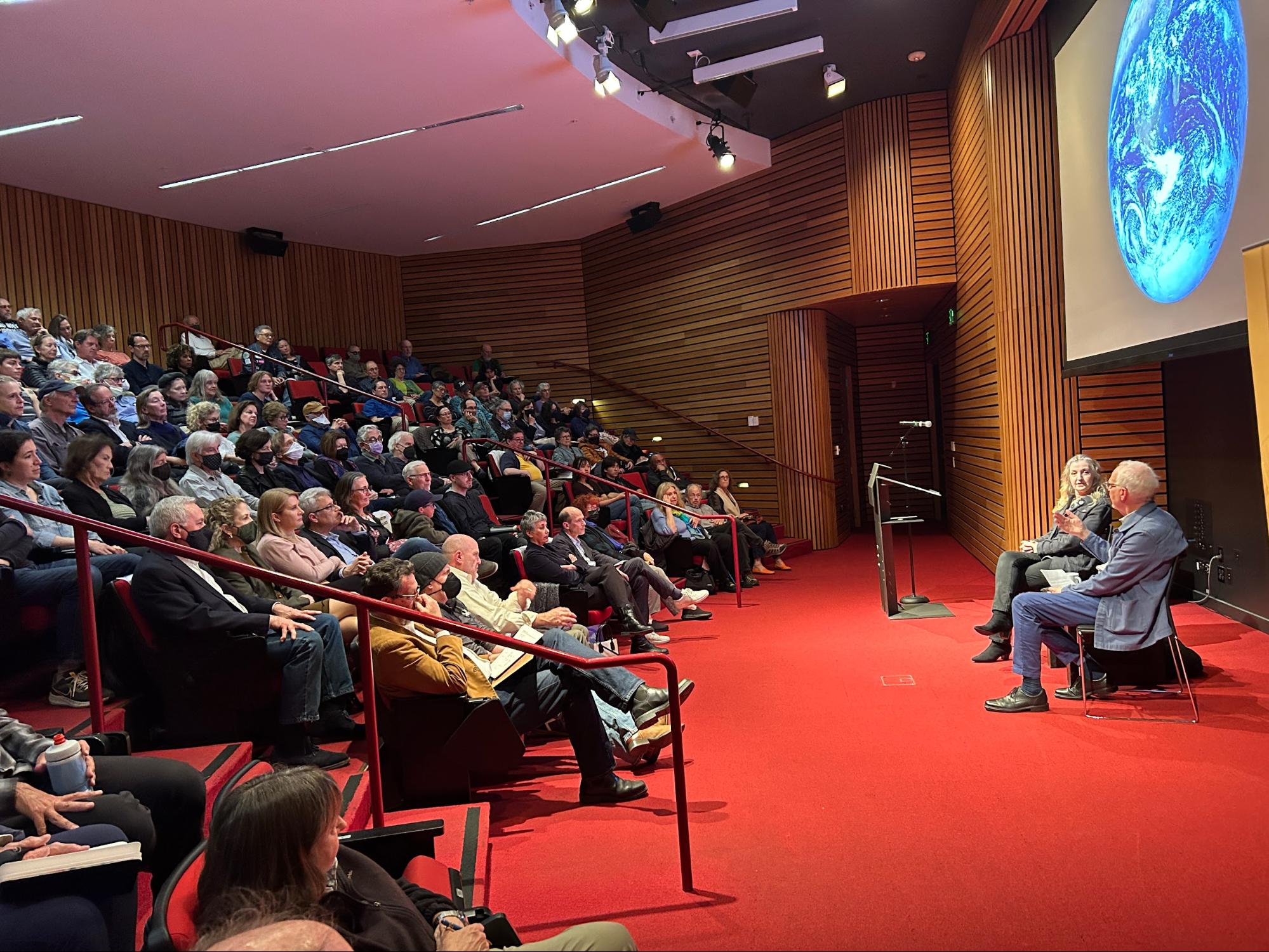
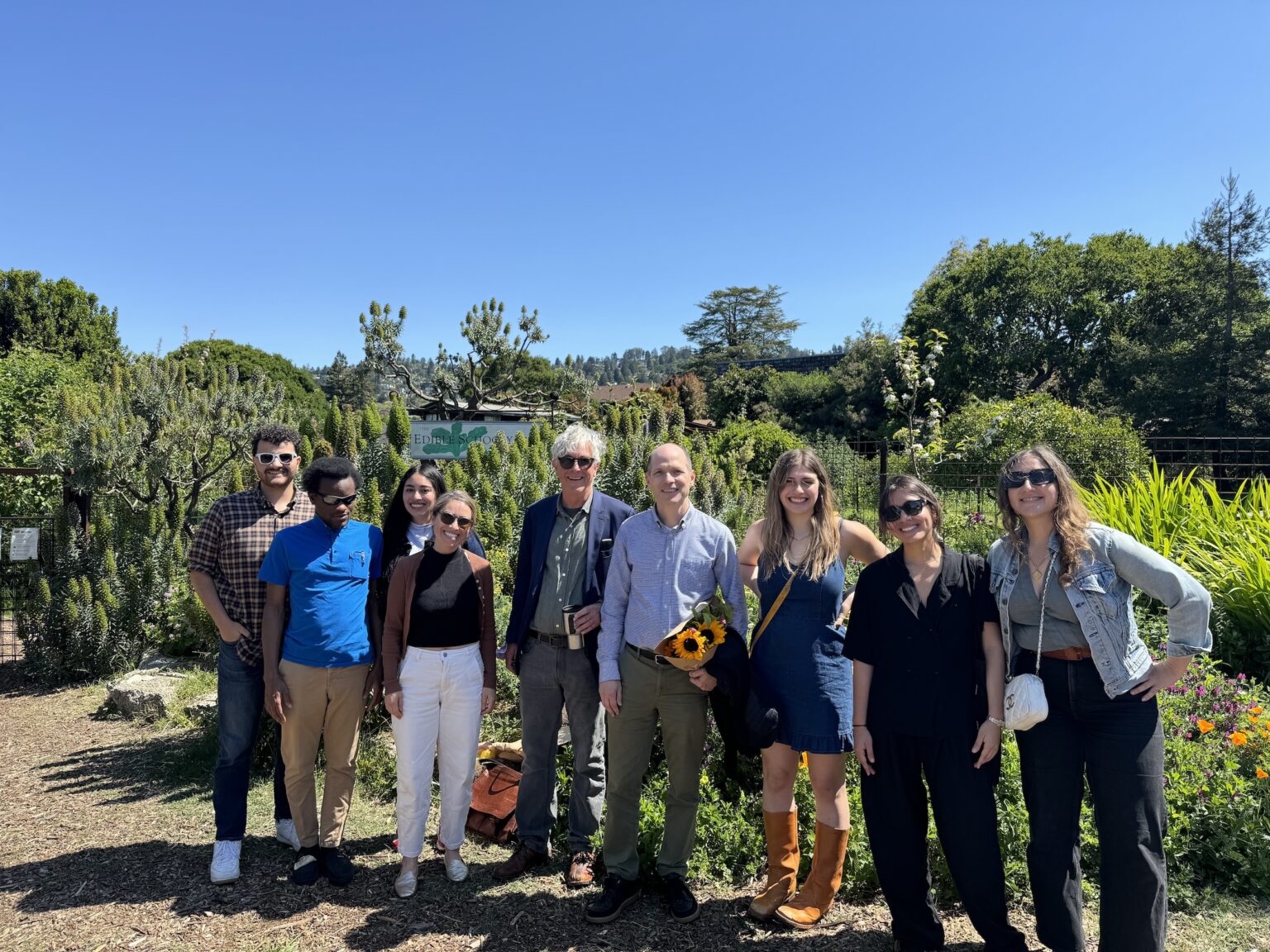
Meet Our People
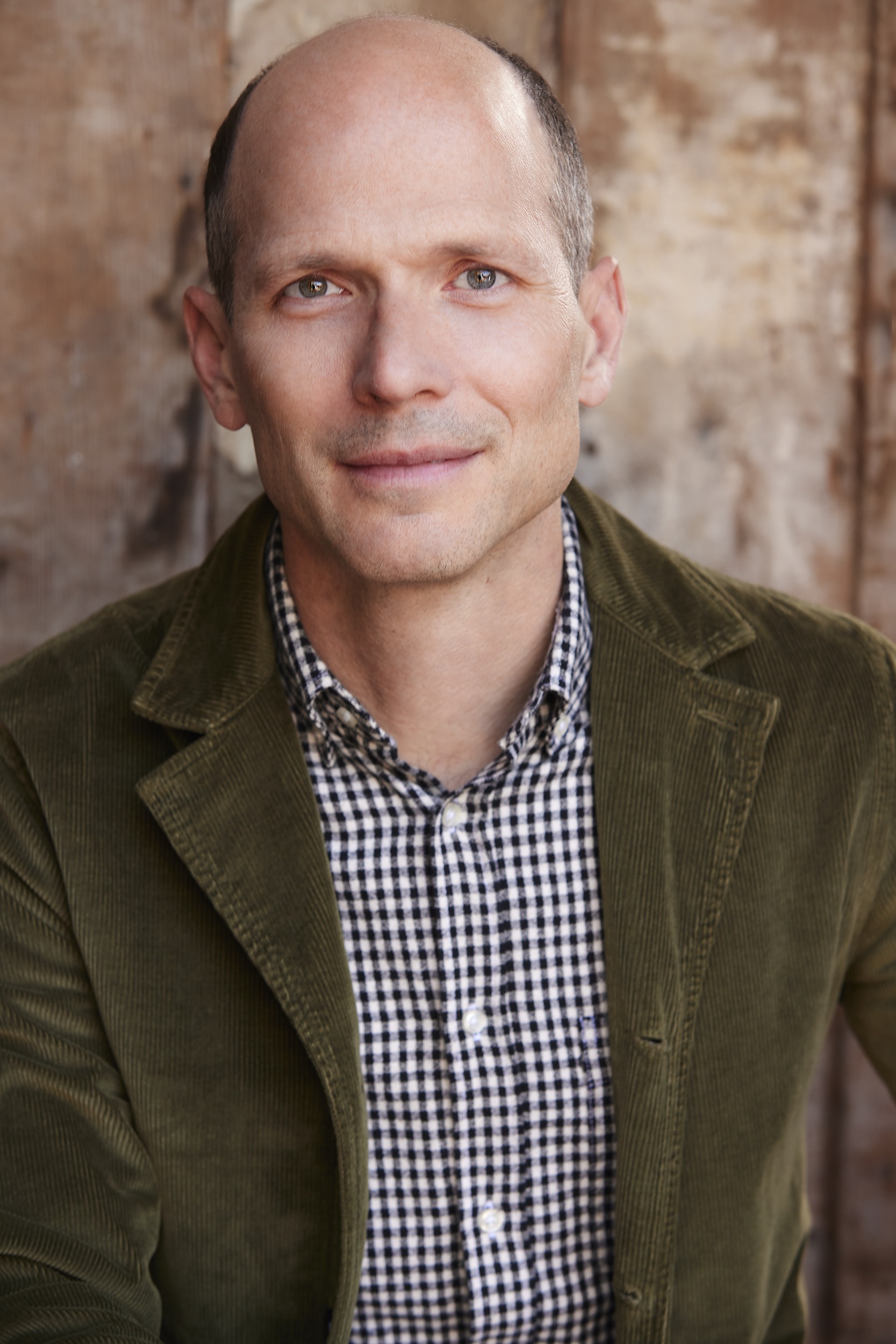
Jason Spingarn-Koff
Professor and Knight Chair in Climate Journalism
Jason Spingarn-Koff (he/him) is an award-winning documentary filmmaker, journalist and media executive. He is working to reinvent how stories about climate change are told, unite the brainpower of top science experts on the UC Berkeley campus with the expertise of the journalism school, and build partnerships with media organizations and broadcasters to cover multidimensional issues around climate change. From 2015–2022, he served as Director of Original Documentary programming at Netflix, where he oversaw more than 100 global films and series, with honors including four Academy Awards for the company.
Faculty and Staff
Jason Spingarn-Koff, Professor and Knight Chair in Climate Journalism. View more about his films and series.
Mark Schapiro, Continuing Lecturer
Twilight Greenaway, Writer and Editor
Climate Equity Reporting Project
The Climate Equity Reporting Project is a collaborative effort between Berkeley Journalism and UC Berkeley's Energy & Resources Group. Funded by a grant from the state of California, it aims to produce a series of articles for various publications that explore the intersection of climate and equity, with a focus on greenhouse gas reduction efforts such as electrification, building density, and waste management. The project is being executed by Climate Writer and Editor Twilight Greenaway and Professor and Knight Chair of Climate Journalism Jason Spingarn-Koff along with several journalism students. It also involves building a climate cohort within the California Local News Fellowship program.
Subscribe to our newsletter, State of Change.

